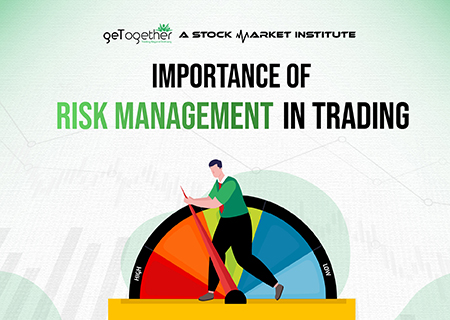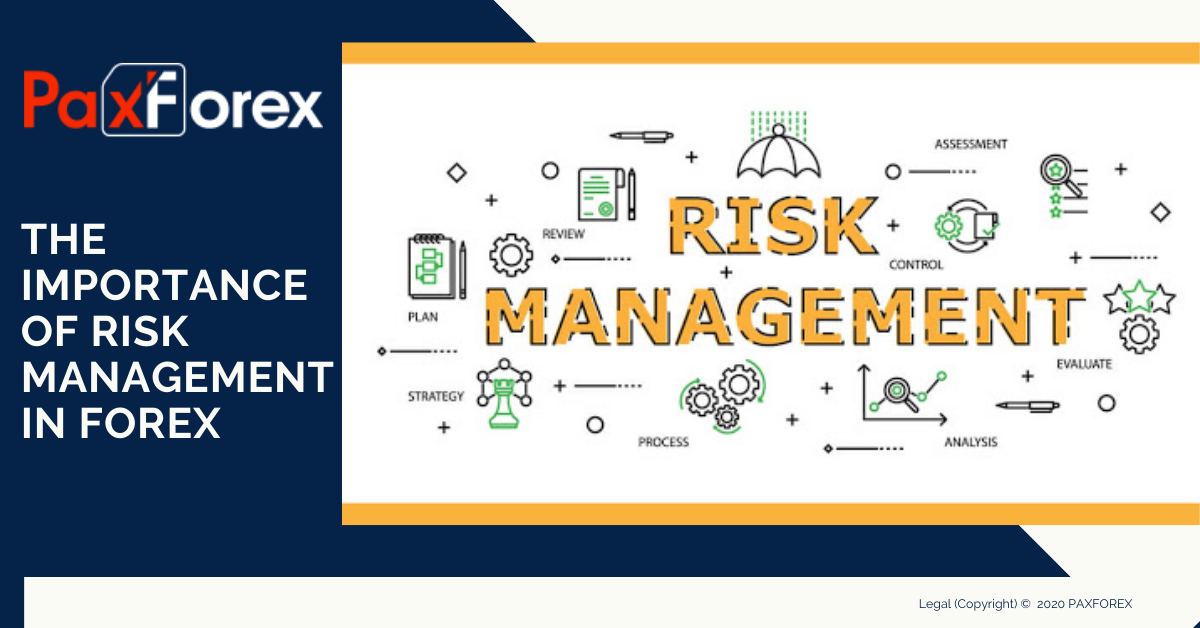Enhancing Operational Efficiency Through the Importance of Risk Management
Enhancing Operational Efficiency Through the Importance of Risk Management
Blog Article
The Relevance of Recognizing the Relevance of Risk Management in Numerous Industries

The Core Concept of Risk Management and Its Purpose
Risk Management, the foundation of many industries, rests on the recognition, assessment, and reduction of unpredictabilities in a service environment. It is an integral practice that permits companies to protect their assets, track record, and overall survival. By appropriately identifying prospective threats, companies can establish approaches to either stop these threats from occurring or reduce their impact. The examination procedure entails evaluating the chance and potential severity of these risks. The reduction procedure entails developing techniques to minimize their prospective effect when dangers have actually been determined and examined. This process is cyclical and ongoing, making sure that companies are prepared for the ever-changing nature of Risk in different sectors. The key objective, hence, is to cultivate durability amidst unpredictabilities.
Benefits of Implementing Risk Management in Organization Operations

Unveiling the Function of Risk Management in Different Industries
While every sector faces its distinct collection of risks, the implementation of Risk Management techniques continues to be a typical in their quest of sustainability and growth. In the medical care market, Risk Management requires making certain patient security and data protection, while in finance, it includes mitigating financial investment dangers and ensuring governing compliance (importance of risk management). Building business concentrate on worker security, task delays, and budget plan overruns. In the technology market, companies reduce cybersecurity hazards and technology obsolescence. Eventually, the role of Risk Management across sectors is to identify, assess, and reduce threats. It is a necessary part of strategic planning, allowing companies to secure their possessions, make the most of chances, and accomplish their purposes.
Real-life Study Demonstrating Successful Risk Management
To comprehend the see this here relevance of Risk Management in these lots of markets, one can aim to numerous real-life circumstances that illustrate the successful application of these measures. As an example, in the power industry, British Petroleum developed Risk mitigation prepares post the 2010 Gulf of Mexico oil spill. They applied far better security treatments and more stringent guidelines which substantially decreased more crashes. In finance, Goldman Sachs effectively browsed the 2008 economic dilemma by recognizing possible mortgage-backed safety and securities threats early. Toyota, upload the 2011 earthquake in Japan, changed its supply chain Management to minimize disturbance dangers. These instances show just how markets, picking up from situations, properly applied Risk Management techniques to lower future risks.
Future Trends and Advancements in Risk Management Methods
As the globe continues to evolve, so also do the fads and developments in Risk Management strategies. Rapid innovations in technology and information analytics are improving the Risk landscape. Large data and AI are currently crucial in predicting and reducing threats. Organizations are leveraging these devices to construct anticipating models and make data-driven decisions. Cybersecurity, when a peripheral worry, has actually catapulted to the center of Risk Management, with methods concentrating on action, detection, and prevention. The combination of ESG (Environmental, Social, why not find out more Governance) elements into Risk Management is one more growing pattern, showing the boosting recognition of the role that ecological and social threats play in company sustainability. Therefore, the future of Risk Management hinges on the blend of innovative modern technology, cutting-edge techniques, and an alternative method.
Verdict
In verdict, understanding the relevance of Risk Management throughout a spectrum of markets is important for their longevity and success. Customized techniques can aid alleviate possible risks, safeguard possessions, and foster stakeholder trust. Furthermore, aggressive decision-making help in regulative conformity and maximizes resource use. Inevitably, successful Risk Management adds to extra resilient and sustainable organizations, highlighting the significance of this practice in today's very affordable and vibrant business setting.
While every market faces its distinct collection of risks, the execution of Risk Management methods continues to be from this source a common in their quest of sustainability and growth. In the medical care market, Risk Management entails making certain patient security and data security, while in financing, it involves mitigating financial investment dangers and making sure regulative compliance. Eventually, the function of Risk Management across markets is to identify, assess, and minimize risks. These cases show just how sectors, discovering from dilemmas, efficiently used Risk Management approaches to minimize future threats.

Report this page